HSRA pushing for education and training programmes in radiation caution

Jamaica has officially launched its Hazardous Substances Regulatory Authority (HSRA), becoming the first CARICOM member state to establish an independent regulatory body to ensure nuclear safety in the island.
The mandate of the HSRA is also to ensure security oversight in the operation of facilities involving ionizing radiation and nuclear technology in the country, including the Caribbean’s only nuclear reactor, the 20 kW SLOWPOKE research reactor.
The research reactor, which was manufactured by Atomic Energy of Canada Limited, has been operating for 30 years at the University of the West Indies, Mona campus.
The HSRA is responsible for administering the Nuclear Safety and Radiation Protection Act of 2015, which has been described as a comprehensive act covering nuclear safety, security and safeguards.
In addition, the law provides for civil liability for nuclear damage. The legislation further provides a basis for Jamaica to implement the relevant international conventions governing nuclear safety.
DEVELOPMENT OF THE LEGISLATION
The legislation was developed with the support of the International Atomic Energy Agency (IAEA) through its legislative assistance programme. The IAEA is the world’s centre for cooperation in the nuclear field, promoting the safe, secure and peaceful use of nuclear technology.
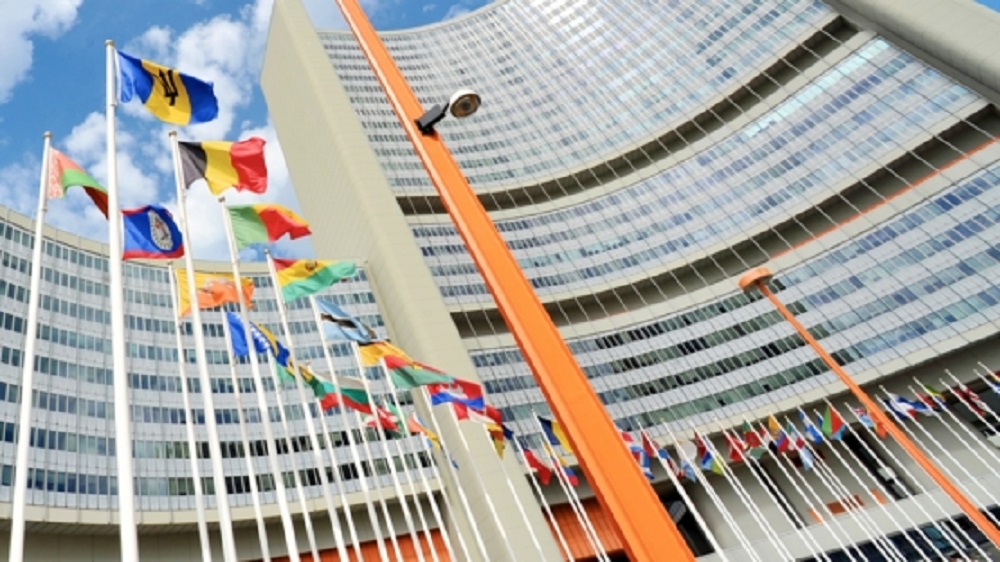
The launch of HSRA constitutes the culmination of a multi-year process, starting with its establishment in December 2016, beginning operations in September 2017, and issuing its first set of regulations in 2019.
Since its establishment, the HSRA has committed itself to enhancing Jamaica’s infrastructure for nuclear safety, security, and safeguards. As part of this, the HSRA has been engaging closely with the IAEA’s technical cooperation programme.
Through a series of eight technical cooperation projects, the IAEA provided assistance to Jamaica in the area of safety, deploying nine field expert missions and training eleven regulators, including five through the Postgraduate Educational Course in Radiation Protection and the Safety of Radiation Sources.
Through its technical cooperation program, the IAEA provided the HSRA with equipment to conduct regulatory functions and was able to establish a new database for the inventory of radiation sources.
HELPING OTHER JURISDICTIONS
Jamaica has helped to lead several technical cooperation regional projects dedicated to radiation safety through the expertise developed over the years by the HSRA, which is now being transferring that knowledge to other countries in the Caribbean.

Jamaica has developed expertise in the areas of legal drafting and nuclear safety, which have been deployed to the other IAEA-CARICOM member states.
Work is ongoing with HSRA to establish education and training programmes in radiation safety for IAEA-CARICOM member states, based on the experiences accrued in Jamaica. This is being done with the help of the International Centre for Nuclear and Environmental Sciences, as part of the IAEA partnership with the UWI Mona campus.
The IAEA participated in the recent official launch of the HSRA alongside representatives of the Canadian Nuclear Safety Commission, the US Nuclear Regulatory Commission and the International Radiation Protection Association.

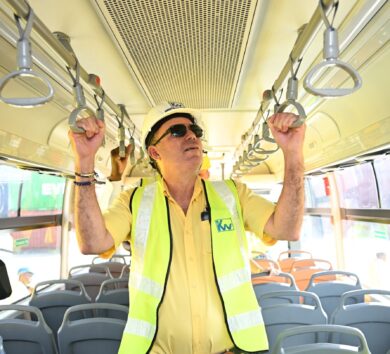
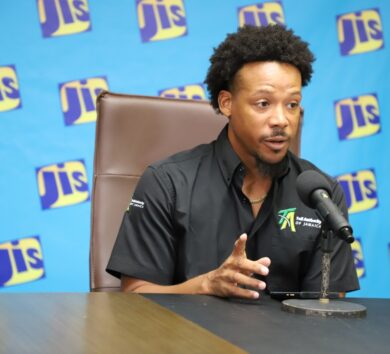
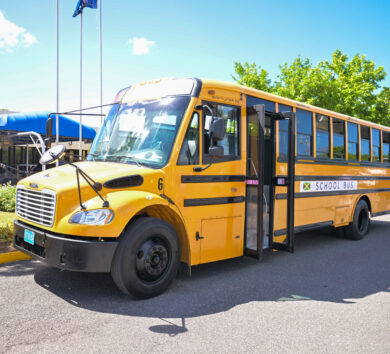
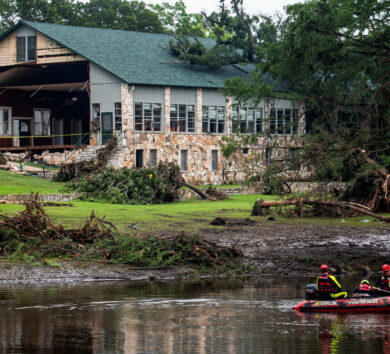

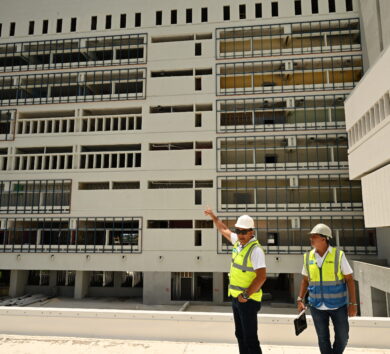
Comments